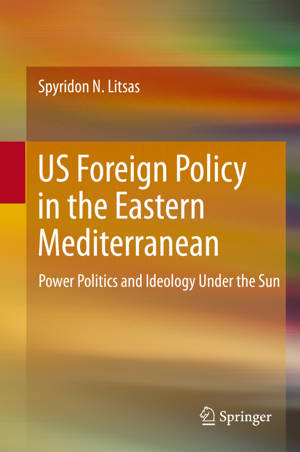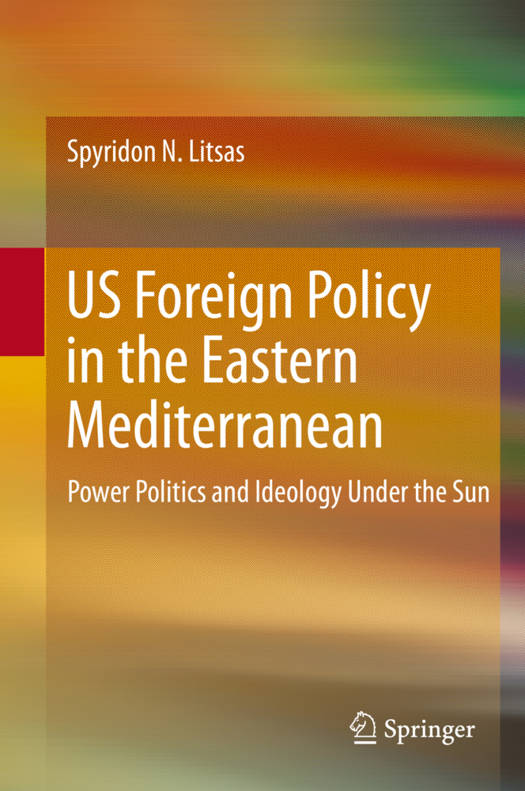
- Retrait gratuit dans votre magasin Club
- 7.000.000 titres dans notre catalogue
- Payer en toute sécurité
- Toujours un magasin près de chez vous
- Retrait gratuit dans votre magasin Club
- 7.000.0000 titres dans notre catalogue
- Payer en toute sécurité
- Toujours un magasin près de chez vous
Us Foreign Policy in the Eastern Mediterranean
Power Politics and Ideology Under the Sun
Spyridon N LitsasDescription
This book examines US foreign policy in the Eastern Mediterranean and the region's key role in the practice and evolution of American exceptionalism. The political developments in the Eastern Mediterranean during the 19th and the first half of the 20th centuries, gave to the US opportunities to express, in the most explicit way, its anti-colonialism, the fervent support of open and democratic societies, and its willingness to openly confront tyranny and oppression whenever this was possible (or necessary) for American interests. Since that time, the region has been a testing ground for the core elements of American foreign policy deployed worldwide.
The monograph shows the contributions of the United States during critical moments in the region, such as the First Barbary War (1801-1805), the introduction of Truman Doctrine, Washington's role in the Suez Crisis, the Greek junta and the Imia Crisis of 1996. It also scrutinizes the different levels of the economic, military and diplomatic challenges which China, Russia and Turkey present today, while it also covers the American approach to the Arab Spring. From a 'Shining City on a Hill' to the current 'Make America Great Again' mottoes, this critique follows American Foreign Policy in the Eastern Mediterranean and the strong bonds that the nation established with the geostrategic, political and ideological features of the region. The pace of recent events, and the increasing complexity of this global corner, prove a challenge to America today; the future and clarion call that hard work and the finest ingenuity are necessary to keep its regional hegemony, and its course toward increased prosperity. This work's goal is to inspire the conversations by academics, diplomats, leaders (both political and military) and most of all businessmen, to this end.
Spécifications
Parties prenantes
- Auteur(s) :
- Editeur:
Contenu
- Nombre de pages :
- 221
- Langue:
- Anglais
Caractéristiques
- EAN:
- 9783030368944
- Date de parution :
- 07-02-20
- Format:
- Livre relié
- Format numérique:
- Genaaid
- Dimensions :
- 156 mm x 234 mm
- Poids :
- 508 g

Les avis
Nous publions uniquement les avis qui respectent les conditions requises. Consultez nos conditions pour les avis.






